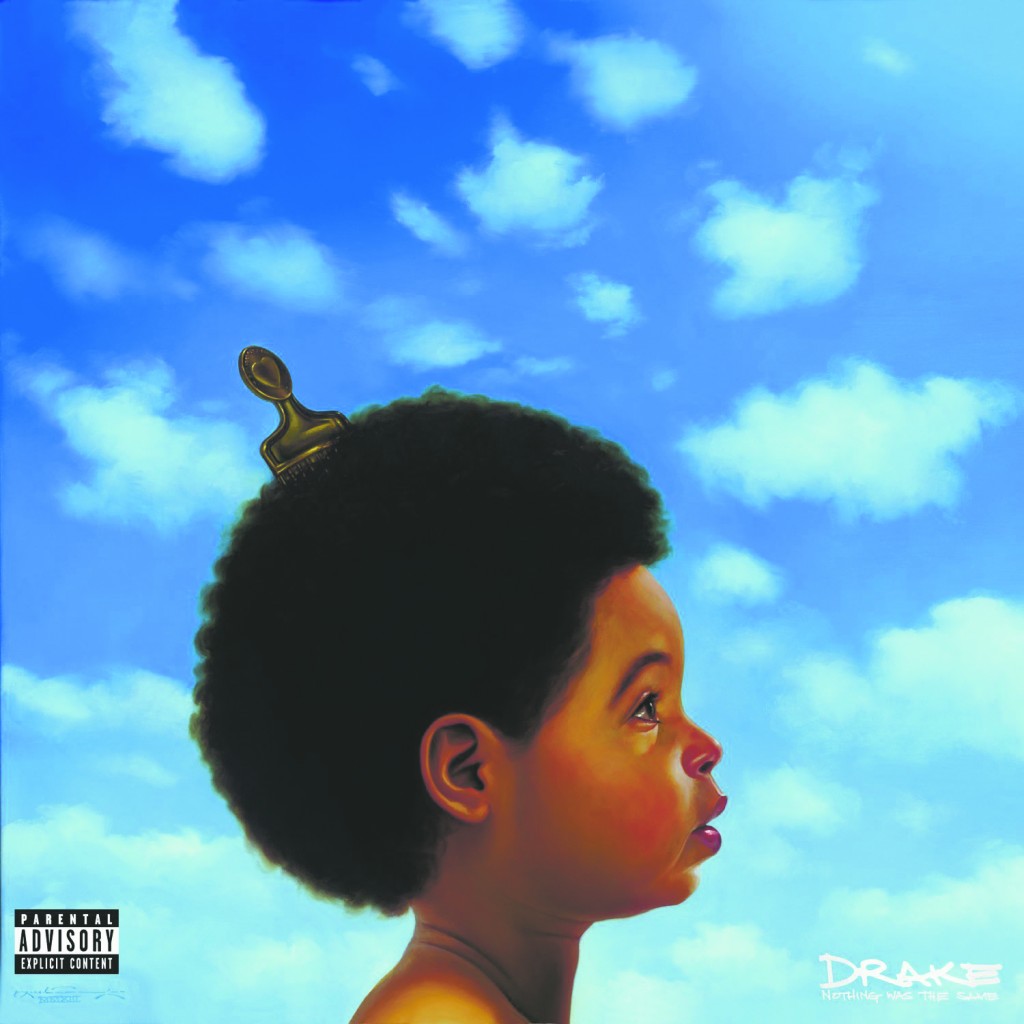
Drake’s third studio album “Nothing Was the Same” sparks the question: Is anything really that different? Thematically, the record deals with similar subject matters that Drake has tackled in the past. At some points, he asserts his dominance over the rap game while in others he reflects on past relationships and love lost.
In the first verse of opener “Tuscan Leather,” Drizzy proclaims, “I reached heights that Dwight Howard couldn’t reach” and “I’m just as famous as my mentor [Lil Wayne].” As the song goes on, he continues to boast about his musical supremacy in typical hip-hop fashion. Drake revisits his success throughout the album such as in the song “The Language,” where he claims that his “Bank account statements just look like I’m ready for early retirement.” These types of songs are where Drake is at his most triumphant and confident, making his bold statements very believable.
It just wouldn’t be a Drake album without introspective and thoughtful music that conjures memories of ex-flames. In one of the album’s highlights, “From Time,” Drake appears to be at his all-time Drakeiest. On the track he talks about past romances and even mentions names such as “Courtney from Hooters on Peach Street.” He goes on to mention that Courtney is “the piece to complete me.” These kind of soul-searching lyrics, in tandem with Jhene Aiko’s beautiful hook and a smooth piano beat, create one of the best songs on the whole album. “From Time” also includes Drake discussing his patchy relationship with his father and his efforts to fix it. Family matters also come up on the song “Too Much,” where he urges his mother to stay strong throughout her illness and seeks normal treatment from his extended family. Drake is at his best when he plays to his strengths — making emotional songs like these.
“Nothing Was the Same” also delivers on catchy made-for-radio smashes. The first single put out was “Started from the Bottom,” which became an inescapable hit, peaking at No. 6 on the Billboard Hot 100. This song, which discusses Drake’s rise to success despite his humble beginnings, can be repetitive but ultimately hard to turn away from. “Hold On We’re Going Home” shows Drake’s versatility through his singing voice rather than rapping.
Noah “40” Shebib handled most of the production work, which for the most part is more complex and experimental than that of Drake’s 2011 album “Take Care.” Although some of the production is intriguing and adds to many of the songs, other tracks sound overproduced and are needlessly complicated. The song “Worst Behavior” features several different background effects going at the same time, creating an obnoxious beat that makes the song hard to listen to. “305 to My City” has a similar problem with production that, when combined with lackluster lyrics, makes the song almost unbearable. The album is best where the production is more traditional and enhances Drake’s verses as opposed to distracting from them.
The last track (aside from the bonus tracks) is the two-part “Pound Cake/Paris Morton Music 2,” featuring Jay-Z in one of the worst verses you will hear in a 2013 hip-hop song. He rhymed the word “cake” with “cake” 17 times in a row. Yes, the man who made “The Blueprint.” However, immediately after Jay’s atrocious verse, the song transitions into “Paris Morton Music 2.” In this song, Drake returns triumphantly and makes it clear that he will keep on doing what he does and not stop until he completes all of his goals. It’s enough to make you think that maybe nothing is the same after all, and that there is a new generation of rappers rising to prominence. And whether you hate it or love it, Drake is at the forefront of it all.


